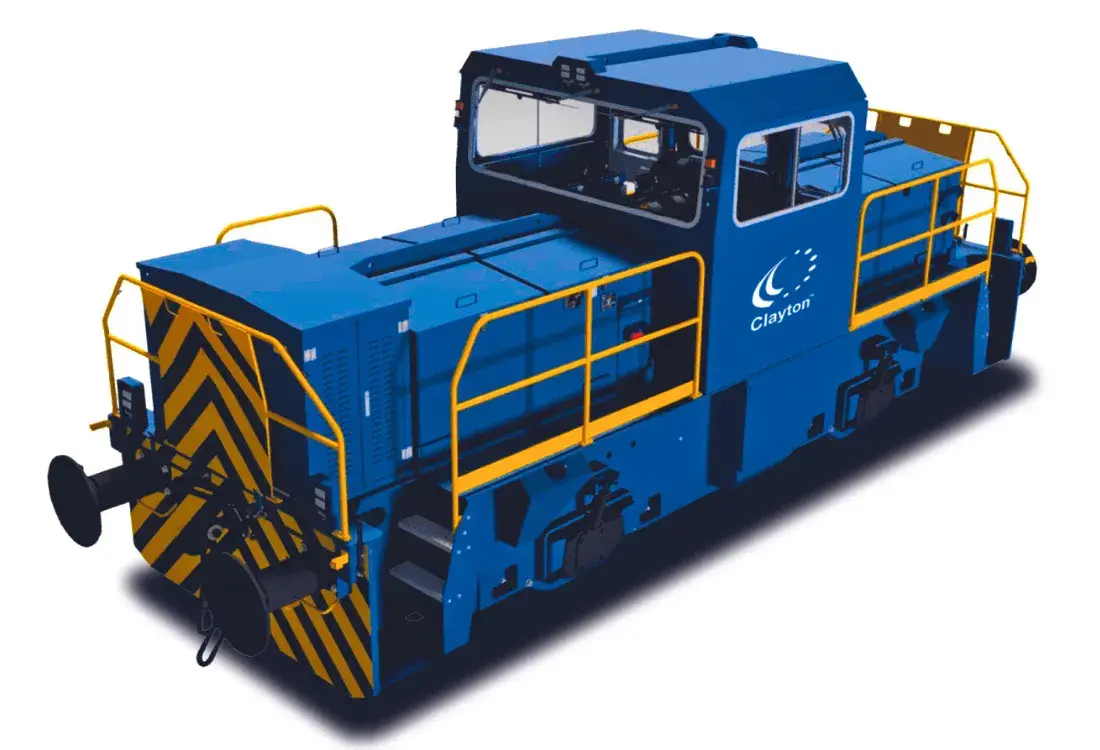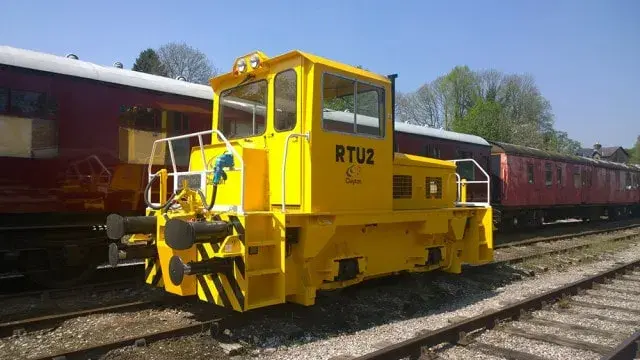Navigating UK Locomotive Haulage Regulations: What You Need To Know
In the UK, the haulage industry operates under an often complicated web of regulations and compliance standards that are designed to ensure safety, efficiency and compliance. These regulations cover everything from driver qualifications to vehicle documentation and it is essential that haulage companies and rail operators have all the correct regulatory measures in place at all times. Of course, understanding what is required at every level of operations and ensuring all documentation is up to date is not always easy, which is why we have compiled this guide to everything you need to know.
The Key Regulations
The most important law governing locomotive haulage in the UK is the Railways and Transport Safety Act. This piece of legislation was put in place to set safety and operational standards for all companies operating within the railway industry, whether they are operating electric rail services or diesel electric locomotives. It covers all aspects of operations, from maintenance and working conditions to accident prevention measures. Businesses must comply with all the measures detailed within the act to ensure rail safety and avoid any legal penalties for breaches.
In addition to this main act, certain EU directives such as 2008/57/EC also play an important role, specifically around interoperability within the European rail network. These directives still influence rail legislation in the UK, even after Brexit, and especially apply to any businesses who operate internationally. Of course, it is important to remember that you need to stay up to date with all developments in legislation as they happen.
Driver Documentation
Any driver operating within the UK haulage industry needs to have the correct training and documentation, and needs to be certified to operate specific equipment. The mandatory requirements include:
- A valid driving licence specific to the vehicle category
- A Driver Certificate of Professional Competence (CPC) which demonstrates the driver’s knowledge of safety and operational standards
- Insurance documentation providing coverage for all rail operations
- Medical records that verify fitness for operation, especially on long haul operations
For any international operations, drivers will also need to have a valid passport and international permit for work. In addition, cabotage documentation will be required when transporting any goods in foreign countries. Drivers may be required to present this documentation and failure to do so may result in fines and other penalties.
Vehicle Documentation
As well as the driver, any vehicle used for haulage must also meet documentation requirements. It is the responsibility of the business to ensure that all locomotives in operation are carrying the following:
- Vehicle registration certificate proving legal ownership
- Insurance documentation that meets regulatory standards for liability.
- Operator identification, which must be displayed and visible
Again, any overseas operations may require additional documentation and permits to ensure smooth border crossings. This includes an EU Community Licence, GB sticker or Euro Plates and an ECMT international Haulage Permit for any road operations you may be carrying out.
Weight Limitations
There are strict weight regulations in place. The maximum Gross Train Weight (GTW) for UK-registered articulated tractors or rigid vehicles is 44,000 kilograms. Exceeding this limit can result in fines and increased safety risks. That means operators must carefully monitor cargo weight and distribution in order to stay within legal limits. Overloading can also cause wear and tear and other damage to locomotives.
Staying Compliant
As freight laws and regulations evolve businesses must adapt and adopt measures in order to remain compliant. Key steps for doing this involve regular training and certification to ensure that all drivers and operatives stay updated on new regulations. Routine audits and compliance checks should be carried out, with periodic inspection of documentation and maintenance schedules. Businesses can also utilise technology such as digital record keeping systems to track compliance and manage weight.
Looking for more information on UK locomotive haulage regulations? Our friendly team is happy to help clarify any questions you might have. Speak to an expert at Clayton Equipment.
- News (101)
- Battery Locomotives (32)
- Low Emission Rail (21)
- Shunting Locomotives (10)
- Diesel Locomotives (9)
- Mining Locomotives (9)
- LocoWatch (4)
- Sustainability (4)
- Battery Locomotives Battery Locomotives (3)
- IoT Telematics (3)
- 90 Years (2)
- Case Study (2)
- Haulage (2)
- Locomotive (2)
- Clayton Equipment (1)
- Shunting Locomotives Shunting Locomotives (1)
- Switcher Locomotives (1)
- Telematics (1)
- July 2025 (1)
- June 2025 (4)
- May 2025 (1)
- April 2025 (2)
- February 2025 (1)
- January 2025 (1)
- September 2024 (1)
- August 2024 (2)
- July 2024 (2)
- June 2024 (2)
- May 2024 (1)
- April 2024 (1)
- March 2024 (1)
- February 2024 (1)
- January 2024 (4)
- November 2023 (1)
- September 2023 (1)
- August 2023 (2)
- July 2023 (2)
- June 2023 (2)
- May 2023 (2)
- March 2023 (2)
- February 2023 (3)
- January 2023 (2)
- November 2022 (2)
- October 2022 (1)
- August 2022 (1)
- July 2022 (4)
- June 2022 (1)
- May 2022 (1)
- April 2022 (2)
- March 2022 (3)
- February 2022 (8)
- January 2022 (1)
- November 2021 (3)
- October 2021 (1)
- September 2021 (3)
- August 2021 (7)
- July 2021 (7)
- June 2021 (7)
- April 2021 (1)
- January 2021 (1)
- December 2020 (2)
- August 2020 (1)
- March 2020 (4)
- February 2020 (3)
- January 2020 (4)
- December 2019 (1)
- November 2019 (2)
- October 2019 (3)
Subscribe by email
You May Also Like
These Related Stories

Battery-Powered Locomotives: The Future Of Long-Range Haulage

The Benefits Of Remote Condition-Based Monitoring For Locomotive Haulage





No Comments Yet
Let us know what you think